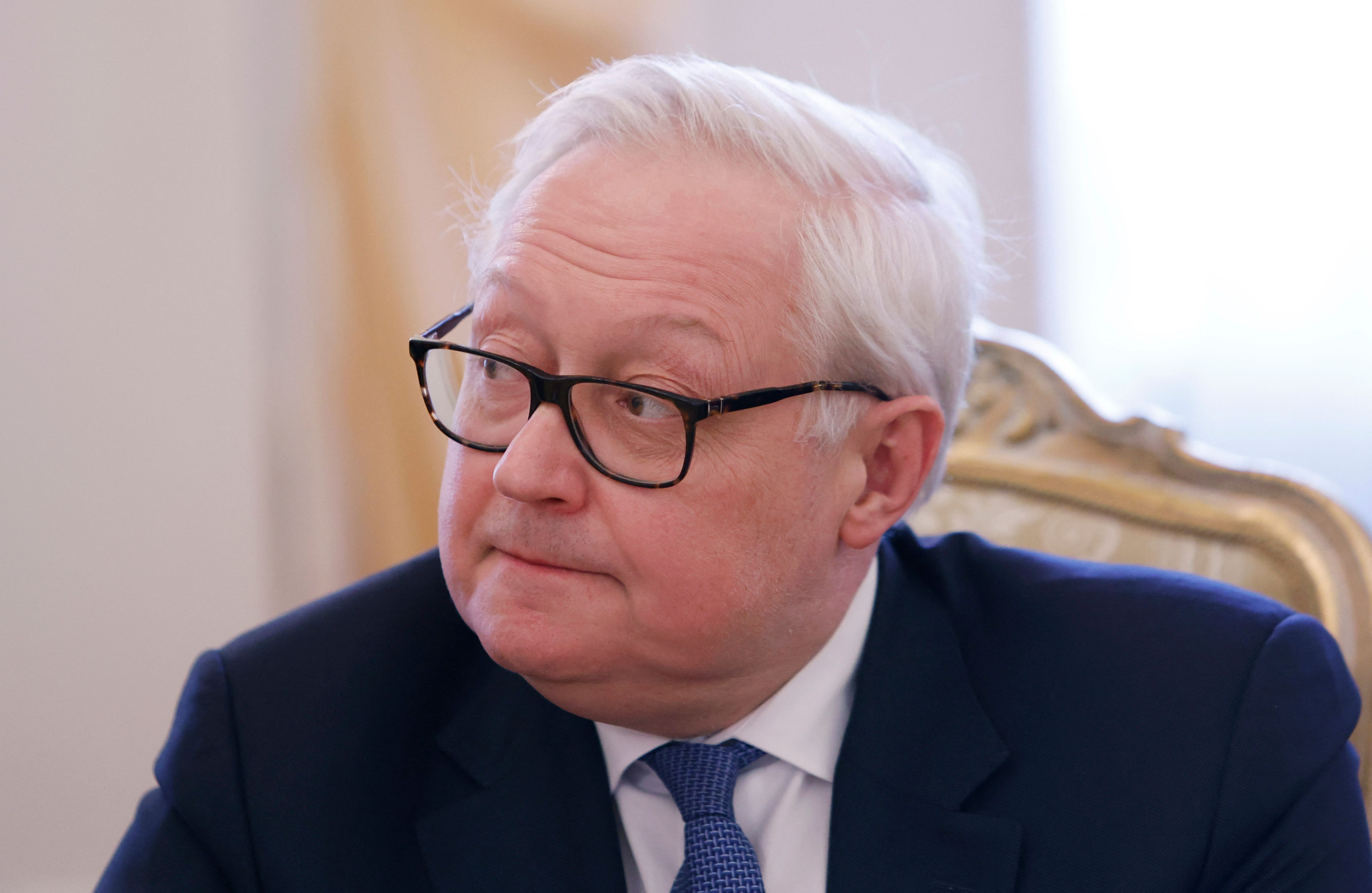There's been a lot of criticism of Israel recently for purportedly rejecting a two-state solution for sharing the territory of what was once the British Palestine Mandate between two peoples. The truth is more complex. As a Palestinian who genuinely yearns for a two-state solution and an improvement in living conditions in the West Bank and Gaza, I believe this truth must be told: It is Israel—and the Zionist Jewish community preceding independence—that consistently offered compromise, dialogue, and a two-state solution. And it is Palestinian demagogues valuing personal power over the good of their people who have rejected these openhanded offers—in favor of endless strife and the desire that the Jewish community be completely destroyed.
It is the Palestinian Arab nationalist movement that has betrayed the Palestinian people and consistently opposed peace. Unfortunately, the views of the antisemitic Palestinian political heads often overshadow the voices of real Palestinians who yearn for peace. Their voices only rarely are heard, as in a recent protest in Gaza in which women and children protested against Hamas, blaming the terrorist organization for the tragedy of their lives and showcasing the divide between the people and their leaders.
قادة #دواعش_حماس وفي مقدمتهم السنوار، استمعوا إلى صرخات شعبكم أطفالكم ونسائكم الذين خرجوا في هذه التظاهرة العفوية داخل مستشفى شهداء الأقصى بدير البلح ويعبرون عن سخطهم من الوضع الذي دفعتم غزة اليه ويطالبونكم بإعادة المختطفين الإسرائيليين إلى ديارهم لتتوقف الحرب. هل ستصل هذه… pic.twitter.com/u7Ewugab18
— افيخاي ادرعي (@AvichayAdraee) January 24, 2024
But it's not just Hamas. Palestinian leadership has sold out its people since the beginning of the last century—even as the Jews tried again and again to offer us a state.
In 1922, the League of Nations unanimously voted to establish the Palestine Mandate as a Jewish National Home with a map depicting not only Israel, the West Bank, and Gaza, but also what is now Jordan, which the British instead set up as a separate Arab monarchy, cutting off more than 75 percent of the original land grant. This vision was drastically diminished by the creation of Jordan, yet the Jewish community saw it as an opportunity for coexistence.
The response? A series of Arab attacks terrorizing Jews in Palestine in the 1920s and 30s, which, right under the eyes of British rule, destroyed ancient Jewish communities in places like Hebron.
When the British Peel Commission proposed a partition of Palestine in 1937, the Jewish leadership, in a spirit of compromise, accepted it, despite the small size of the proposed Jewish state. But in what would become a recurring theme, this gesture of peace was met with outright rejection from the Arab community. This wasn't just a refusal of terms; it was a refusal even to entertain the possibility of peaceful coexistence by Palestinian leaders like Haj Amin el-Husseini, who went on to serve as a Nazi collaborator in World War II, recruiting Balkan Muslims for the S.S.
When the United Nations General Assembly voted to divide the Mandate into Jewish and Arab states in 1947, the Jewish community joyously accepted their proposal. Yet tragically, the Palestinian Arab leadership again rejected even a small Jewish state in the territory. They then invited the armies of seven neighboring Arab countries to invade and destroy the newborn Jewish state in what became Israel's War of Independence.

The trend continued with the Oslo Accords of 1993, in which Israeli leaders generously allowed a genocidal terrorist group called the Palestinian Liberation Organization (PLO), run by the mastermind mass murderer Yasser Arafat, to take control over most of the West Bank and Gaza Strip. The year 2000 was a critical juncture. At the Camp David Summit, Israel extended an unprecedented offer of Palestinian statehood. They were once again met with Palestinian leadership's refusal—and the eruption of the bloody Second Intifada, a wave of suicide bombings that killed almost a thousand Israeli civilians.
The betrayal shattered any illusion of a commitment to a peaceful resolution from the Palestinian side.
Then came 2008, at the Annapolis Conference, where Israel once again reached out with a proposal for an independent Palestinian state. The refusal of Palestinian President Mahmoud Abbas to accept this offer was not just disappointing; it was infuriating. Today, Abbas, who came to power in 2004, is serving the nineteenth year of his four-year presidential term, having suspended both elections and the constitution in the Palestinian territories.
Meanwhile, the Gaza Strip is ruled by the vile Hamas, the ISIS of Palestine, which, on October 7, 2023, invaded the communities of Southern Israel, murdering 1,200 souls in a single day of nightmares and taking more than 240 captives to Gaza. Alongside these murders were unspeakable acts of sexual assault and continuous abuses of hostages until today, a grim reminder of the human cost of this conflict.
The sworn objective of Hamas's founding charter is not coexistence but the obliteration of Israel. Khaled Meshaal, former head of Hamas and still one of its most senior leaders, clarified just this month Hamas's position on the idea of a two-state solution: "We reject this notion, because it means you would get a promise for a [Palestinian] state, yet you are required to recognize the legitimacy of the other state, which is the Zionist entity... We will not give up on our right to Palestine in its entirety, from the [Jordan] river to the [Mediterranean] sea." He insisted on his belief that Oct. 7 only "enhanced this conviction."
The history of the Israeli-Palestinian conflict regarding a two-state solution reveals a harsh reality: Israel has consistently made genuine efforts toward peace, only to be met with rejection, treachery, and blood-curdling violence by the Palestinian side. This pattern of refusal, particularly epitomized by groups like Hamas, has been the real obstacle to peace.
It's time to acknowledge this truth bluntly. Those who claim to desire peace must confront and challenge the rejectionist elements within Palestinian society, including Hamas. We need to get rid of the Palestinian establishment who have ruled for 15 years without actually representing the Palestinian people. Only then can we hope to forge a path toward a peaceful, two-state future.
Eid is a Palestinian human rights activist. He lives in the West Bank.
The views expressed in this article are the writer's own.
Uncommon Knowledge
Newsweek is committed to challenging conventional wisdom and finding connections in the search for common ground.
Newsweek is committed to challenging conventional wisdom and finding connections in the search for common ground.
About the writer
To read how Newsweek uses AI as a newsroom tool, Click here.






